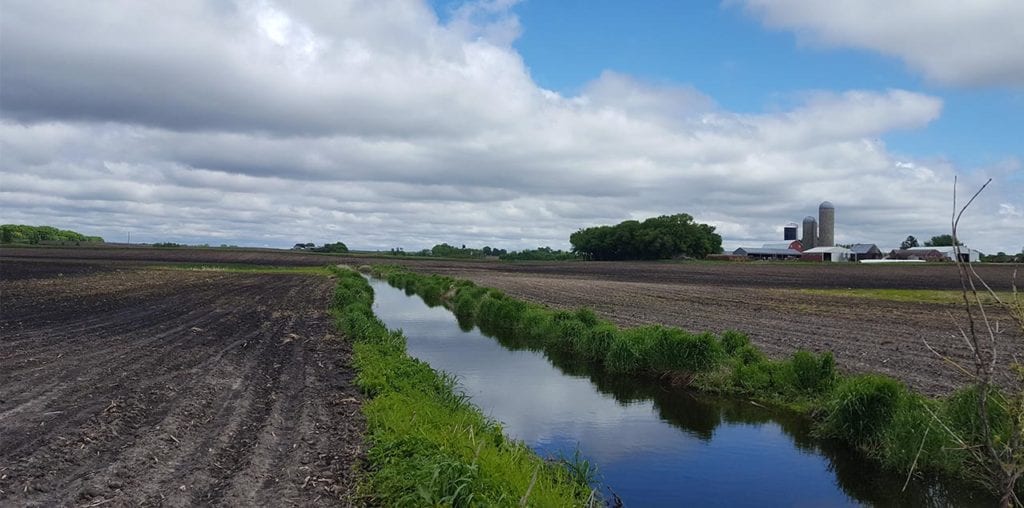
Return to January 2021 newsletter
Continued risk of groundwater contamination claims
By Jim Bradbury and Courtney Cox Smith
James D. Bradbury, PLLC Attorneys
Following on the litigation and findings of the Cow Palace action in Washington State, new claims are developing. A lawsuit in California between the City of Corcoran and the Curtimade Dairy over water quality highlights the need for continued focus on the risk of groundwater-based claims. In 2019, the City of Corcoran filed suit against the Curtimade Dairy, alleging nitrate contamination of its water supply and seeking $65 million from the dairy for alleged nuisance, trespass, negligence and unfair business practices.
The 108-year-old dairy sits on over 1,000 acres and operates under a certified waste management plan and nutrient management plan, which includes the use of lagoons to store manure from the dairy. The City alleges that the lagoons and irrigation system allowed nitrates to seep into groundwater, allegedly contaminating five municipal wells. The dairy contends that the problem is the result of poor well quality and subsidence caused by years of drought. Corcoran is surrounded by numerous other dairies and farming operations, making it difficult to connect the alleged contamination to Curtimade Dairy.
The City has long struggled to find solutions for its water supply. In addition to nitrate issues, the City’s water has arsenic contamination, which resulted in construction of an arsenic treatment facility in 2006. As a part of this process, the City dilutes contaminated water with water from wells that are not as contaminated. This process has reduced the nitrate contamination to an acceptable level, but the process is labor-intensive and costly. Retiring the shallower, contaminated wells is not an option due to area water needs.
Seeking solutions over litigation, the Central Valley Regional Water Quality Control Board oversees the Corcoran area and has suggested their Central Valley Saline Coalition as a possible solution. This program creates management zones of areas that have salinity or nitrate contamination. The program facilitates short-term and long-term solutions to address contamination. The Corcoran Irrigation District has also suggested a water exchange with the City. Thus far, these solutions have not been acceptable to all parties and the lawsuit continues. Originally slated to go to trial in August 2020, the case remains pending and awaiting a new trial setting.
Given the visibility and high stakes of this case, producers need to remain vigilant in terms of any groundwater based claims.


